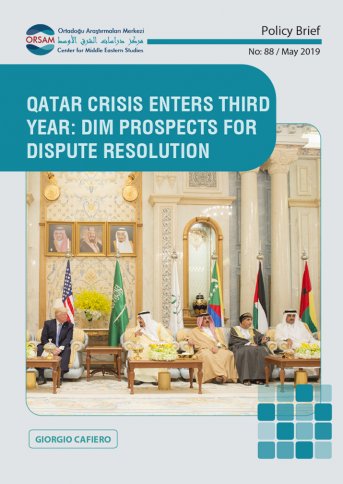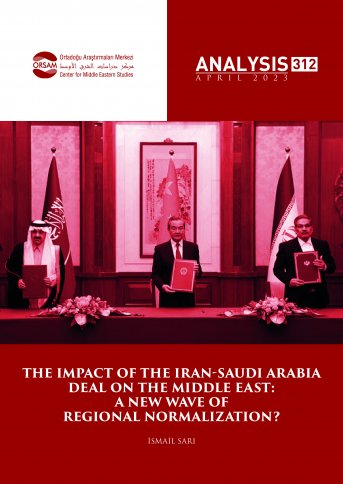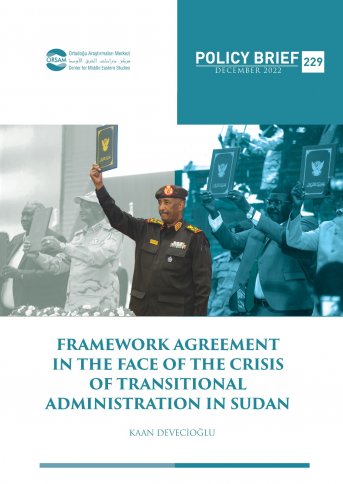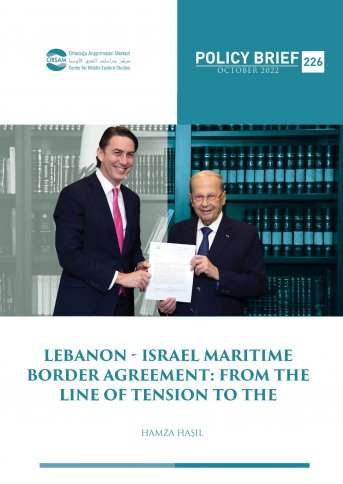
Qatar Crisis Enters Third Year: Dim Prospects for Dispute Resolution
The Gulf Cooperation Council (GCC) crisis that erupted in May/June 2017 is about to enter its third year. Realistically, an end to this emotional dispute appears nowhere in sight. There are no signs that the parties are anywhere closer to resolving their differences than they were when this crisis broke out two years ago. Qatar and the blockading states—Bahrain, Egypt, Saudi Arabia, and the United Arab Emirates (UAE), collectively known as the Anti-Terror Quartet (ATQ)—seem to have adjusted to new dynamics in the Persian Gulf region defined by the institutionalization of the GCC’s Qatar rift.
Both Doha and the blockading states clearly believe that the costs of capitulating to the other side would outweigh the benefits. This crisis is also highly personalized, which further dims the prospects for reconciliation given the role that egos of leaders in power play in this dispute. Thus, unless there is a change in leadership in either Qatar or the ATQ countries—or serious pressure from Washington, which has been absent since the dispute broke out—imagining any rapprochement between the two sides is extremely difficult.
For the ATQ states’ leaders, giving in to Qatar and lifting and/or easing the blockade without Doha meeting any of blockading countries’ demands would be humiliating. At a time in which Saudi Arabia’s Crown Prince Mohammed bin Salman (MbS), Abu Dhabi’s Crown Prince Mohammed bin Zayed (MbZ), and Egypt’s President Abdel Fatah el-SiSi are seeking to push back against Muslim Brotherhood-linked Islamist groups in the region, targeting Qatar has been a pillar of their foreign policy agendas. To end the siege of Doha without achieving their objectives that drove the ATQ to implement the blockade would signal weakness at a time in which Riyadh and Abu Dhabi are determined to become regional hegemonic powers.
Likewise, Qatar’s Emir Tamim has successfully united the ruling Al Thani and the Qatari population (natives and expatriates) behind his rule largely because of how the country has stood strong against the ATQ’s pressure since May/June 2017.1 At this juncture, the Qatari emir caving in to the will of the blockading states would cost him his legitimacy in the emirate. There is really no segment of the Qatari population that does not support the government in Doha’s action to circumvent the blockade and protect Qatar’s independence. In Qatar there is a consensus that capitulating to the Saudi/Emirati-led bloc would transform the emirate into a client, or vassal, state of Saudi Arabia and the UAE, essentially costing Qatar its sovereignty. In Doha the prevailing view is that such a surrender to the ATQ would make Qatar “another Bahrain”.







